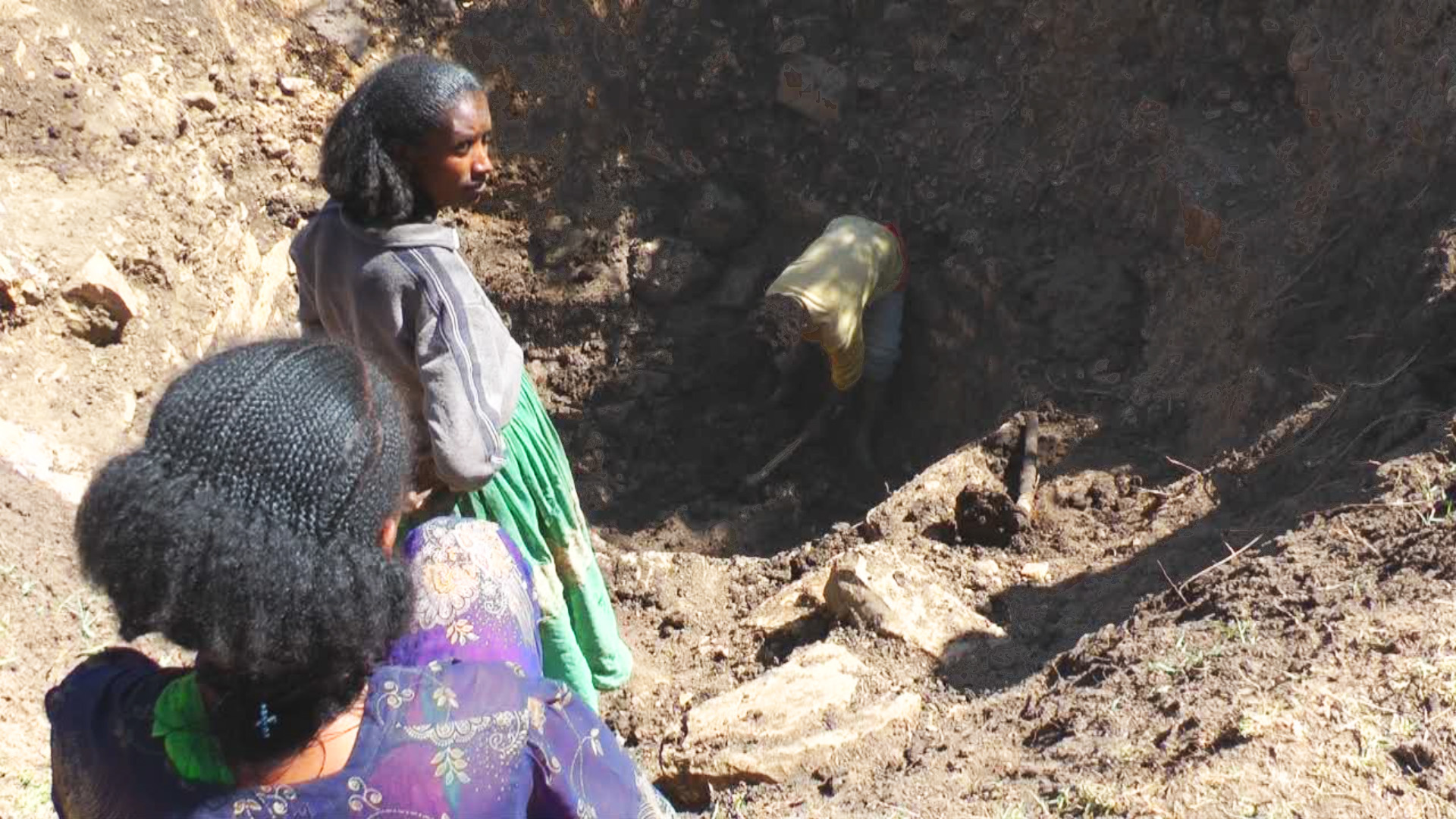What can hydrogeologists contribute to safe water supply and poverty reduction?

This question is based on the key role that groundwater plays in the provision of reliable water supplies in many regions of the world.
Understanding the complex, hidden groundwater environment is vital to ensure water supplies are reliable, safe and cost effective.
Hydrogeologists without Borders UK (HWB-UK) asks the question to leading figures within the hydrogeological and humanitarian sector during a one day meeting in London on June 5, 2014.
The discussions serve to:
- Highlight the added value of incorporating groundwater expertise into water resources projects;
- Outline current political and sectorial thinking about the role of groundwater science in aid and development work.
- Explore how hydrogeological knowledge and expertise can be transferred to the developing world to improve the way that groundwater resources are developed and managed.
Here are some videos and documents that capture the day.
Keynote Talks
“There are significant advantages of Hydrogeologists and WASH professionals working together, to say the least…” Geraint Burrows, UK Head of Hydrogeologists Without Borders, lays down the premise of the conference. |
“Groundwater is not an easy political sell, it is much more easy to talk about taps and toilets…” Guy Howard, Head of WASH Policy, Department for International Development (DFID), UK, shares his experiences implementing WASH policy and WASH projects and outlines that groundwater mapping, management and monitoring are essential to ensure sustainability of WASH services. |
“It is a long and winding road, from the initial research to getting something into widespread practice” ‘There is absolutely no reason why practicing NGOs in the field cannot be engaged in water resource monitoring at very low cost to themselves, but at a very significant strategic benefit to the countries they are working in,’ said Richard Carter from Richard Carter Associates in his talk entitled ‘Groundwater Research in the Service of Water Sector Practitioners.’ |
“Without hydrogeological information NGO’s ability to provide sustainable water might be limited” NGOs work can improve in quality through accessing knowledge via strategic partnerships with hydrogeological organisations contends Emmanuel Opong, World Vision |
“You can waste a lot of money if you don’t understand what you are actually trying to look for and the best ways to look for it.” Nick Burn from Water for People highlights the “incalculable” value of the hydrogeologist input to WaSH work. |
| Soapbox Presentations | ||
Poster Presentations | ||
Superamma Handwashing Trial, India: “To change behavior we often focus on knowledge, however behaviour is determined by many other factors…” … such as motives, habits, the social, physical and biological environment.” Katie Greenland, London School of Hygiene and Tropical Medicine shares her learnings from the field. |
Not just arsenic, not just today: “There are an estimated 42,000 deaths per year in Bangladesh associated with arsenic……….possible 1 in 16 adult deaths..” Hydrogeologists can make the intellectual case of using the better quality aquifers. The challenge is to develop a private sector mechanism that allows ordinary people the ability to access these safer water supplies, points out Peter Ravencroft, UNICEF / The World Bank. |
“A phased approach works well, it is not always clear at the outset what is the final solution” Emma Everard from Atkins shares the successes and failures of efforts to ensure arsenic-free water supply in rural Nicaragua. |
“We need to get the balance right, between introducing technology and providing the support and skills required to manage the technology introduced.” Peter Dumble, Peter Dumble Hydrogeology, gives an account of his experiences working at various levels from the grassroots to the government. |
“Resilience of water supplies is not only with respect to climate… we are also talking about population changes, changes in water use, changes in landuse” Stephanie Bricker, British Geological Survey, on the need to rethink an oft-used term in international policy and practice. |
Hydrogeology and WASH interactions: We need to think beyond the borehole “If you understand international development policy and your own specific intervention context, then you will have a clearer view of what you are doing, why you are there and perhaps what is wrong with the terms of reference,” reflects Clive Carpenter, GWP Consultants |
| Panel Discussion | ||||
“In order to determine when you need hydrogeological input, you need a level of hydrogeological understanding yourself” “There needs to be hydrogeological understanding at different levels throughout the whole WASH sector” “The unit cost of groundwater varies considerably. More hydrogeological input at the preplanning stage would help determine whether a groundwater source is affordable.” |
|
Are you a hydrogeologist? Are you a WaSH professional? Have you worked with hydrogeologists or within the humanitarian sector? Do you think the discussions here managed to raise the key questions? Were they answered satisfactorily? Please share your views and experiences in the comments section below.
For more on the subject, please visit www.hydrogeologistswithoutborders.org.uk
{jcomments on}
